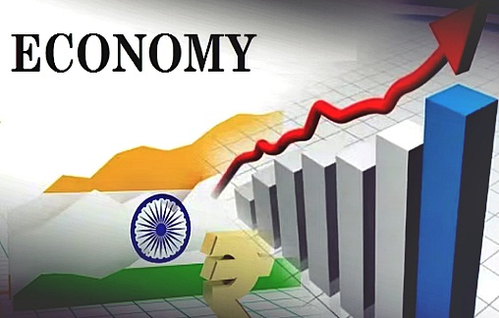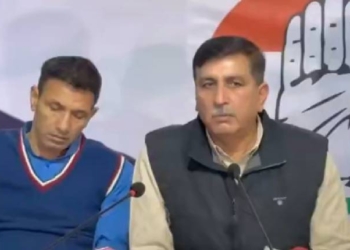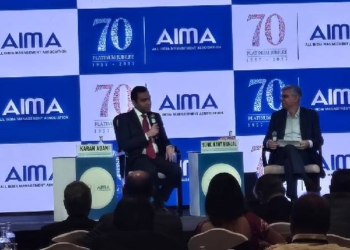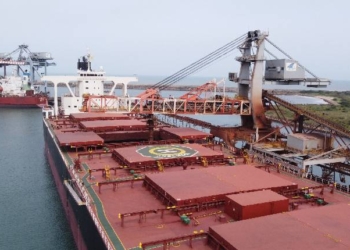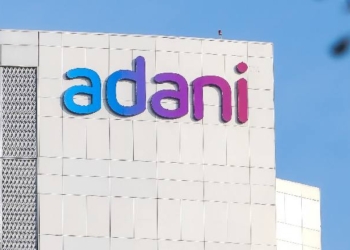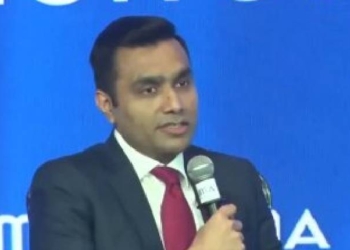New Delhi: The International Monetary Fund (IMF) on Tuesday raised India’s GDP growth forecast to 6.6 per cent for 2025-26 from 6.4 per cent earlier despite the punitive tariffs slapped by the US on the country’s exports.
The upward revision was on “carryover from a strong first quarter, more than offsetting the increase in the US effective tariff rate on imports from India since July”, the IMF said in its World Economic Outlook.
In the April-June quarter of 2025-26, India grew at its fastest pace in at least a year, clocking a GDP growth rate of 7.8 per cent on the back of strong private consumption.
With the government rolling out sweeping GST reforms with tax rates reduced on consumer goods and services across the board, the domestic demand is expected to gain further momentum ahead. This is expected to offset the negative impact on external demand for Indian goods due to the US tariff hike.
The IMF’s projection of a higher economic growth comes close on the heels of the World Bank raising its India growth forecast for FY26 to 6.5 per cent from 6.3 per cent.
The IMF has also projected that the growth of emerging market and developing economies will moderate from 4.3 per cent in 2024 to 4.2 per cent in 2025 and 4 per cent in 2026.
“Beyond China, emerging market and developing economies more broadly showed strength, sometimes because of particular domestic reasons, but recent signals point to a fragile outlook there as well,” the report states.
Higher US tariffs are curtailing external demand, and rising trade policy uncertainty is weighing on investment in major export-led economies, the report added.
Last week, IMF Managing Director Kristalina Georgieva lauded India as a key growth engine of the world economy amid changing global growth patterns.
“Global growth is forecast at roughly 3 per cent over the medium term—down from 3.7 per cent pre-pandemic. Global growth patterns have been changing over the years, notably with China decelerating steadily while India develops into a key growth engine,” she said.
Georgieva said that countries have put in place decisive economic policies, the private sector has adapted, and the US tariff turmoil has proved less severe than initially feared.
However, she said it was too early to heave a big sigh of relief, because “global resilience has not yet been fully tested. And there are worrying signs the test may come”.
(IANS)




